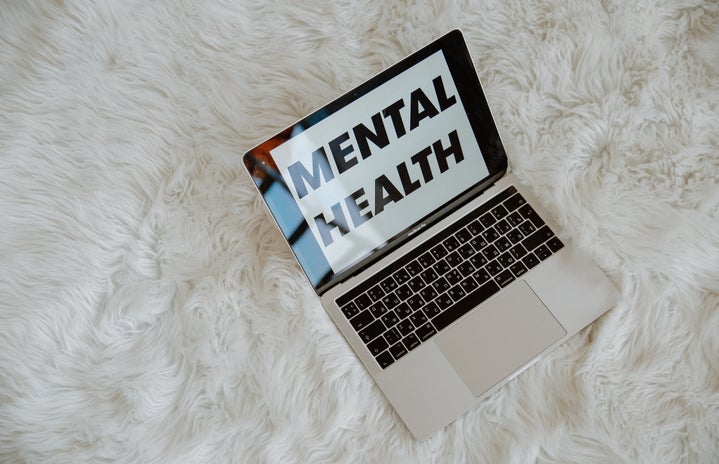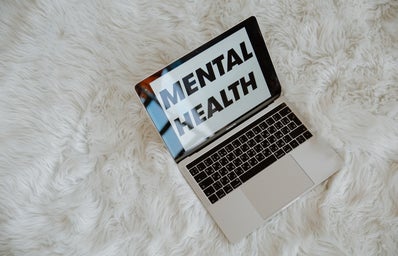Until recently, trauma-informed institutions were nonexistent. Imagine having no explanation, being fed up or frustrated, and constantly questioning why someone acts with bad behavior, commits a crime, has an eating disorder, is incarcerated, acts defiant in school, is truant, or abuses someone else.
Now, there is an explanation, and it may not be their fault. The Adverse Childhood Experience (ACE) Survey has caught many doctors’ and psychologists’ attention; and as the study of ACEs has surfaced, some institutions have already implemented training in their systems to become trauma-informed to benefit public health. It is a surprise to most that the average American’s experiences and memories of childhood were, in some way, traumatic or haunting because most people cherish and can recall their childhood adventures, discoveries, as well as faults. In those childhood memories lie joyous gatherings, risk-taking, curiosity, and exploration. They surely are the best of times, except for being put in timeout or grounded for staying out too late. However, those rather adverse childhood experiences can potentially negatively impact the developing brain, causing toxic stress, cognitive distortions, a poor mindset, and long-term health issues in adulthood.
I have always been eager to learn the psychology of the brain and how children develop the character traits that they do, what mentally or cognitively makes people act a certain way. I have taken psychology courses at the Community College of Philadelphia and did my own extensive research on the ACE Study to trauma-inform myself for the betterment of my peers and as a person dealing with her own ACEs. Every one of you most likely has had at least one adverse childhood experience; it is not uncommon. Some of you may not recognize the impact an ACE has on you because when your body has dealt with one or more, it can change your mindset to protect you. Your brain alters itself and trains itself to work like you have been facing a constant mortal threat, but this is not a healthy position to keep yourself in.
Now, you’re probably wondering, what kind of experiences can be qualified as an ACE? Only recently has the ACE study surfaced and become accountable for innumerable public health problems due to a study produced by Dr. Felitti, chief of Kaiser Permanente’s Department of Preventive Medicine, who collaborated with Dr. Anda from the Centers for Disease Control and Prevention. According to Jane Allen Stevens, who published an article on their study in 2017, the two doctors had conducted an investigation where they interviewed patients that suffer from health issues, like obesity, and initially surveyed 17,500 patient volunteers. In their findings, there are ten most common childhood experiences that influence individuals’ wellness and cognitive psychology.
The specific experiences can be categorized into household dysfunctions, neglect, and abuse. The household dysfunctions include mental illnesses, an incarcerated relative, substance abuse, domestic violence, and separation. The other two categories have subcategories. One being neglect. Neglect is the absence of action. A child can be physically neglected which refers to a parent or guardian not providing the essentials for one to survive. Emotional neglect refers to the lack of emotional support and the failure to respond to a child’s feelings. In contrast, abusive behaviors include physical, emotional, and sexual manipulation. These possible occurrences are considered the ten ACEs that are the leading cause of susceptibility to health problems and unsafe circumstances in adulthood.
As word of the study spread since its unveiling in 1985, other psychologists came out with more information. A high ACE score of four or more experiences, as the study concludes, makes an individual highly susceptible to negative effects like toxic stress. Hillary Franke spoke of this in her 2014 article “Toxic Stress: Effects, Prevention and Treatment.” She examined how ACEs can lead to building harmful build-up of toxic stress. Toxic stress can be a product of repeated activation of stress response mode. Stress responses include fight, flight, or freeze triggered by a perceived harmful event or threat to survival. Someone with several ACEs can accumulate toxic stress, resulting in an overactive stress response system.
Four years later in 2018, author Frederickson analyzed how a brain develops around these environmental factors we now have a name for, ACEs. Individuals trapped in this overactive stress mode are always present in their limbic system. In other words, poor behavior and negative thinking is an effects of toxic stress caused by ACEs. The limbic system is used to cope with ACEs because this stress system relies on the hormones cortisol and adrenaline, which raise blood pressure and increase heart rate, altering the body’s metabolism to survive a threat. Someone who has subconsciously wired their brain to produce these hormones daily will have extreme difficulty reducing them. These are not hormones ideal for relaxation and put a huge strain on your body, and clearly directly impact your physical health.
If you are reflecting now, thinking, I have had some of these experiences and they have influenced my life, do not be turned off by this new knowledge: Congratulations! You are now trauma-informed. And everyone is dealing with ACEs of their own but in a different way than you may be. Think. If we all take the ACE survey, we will all share the awareness of our own ACEs. The next step is to embrace the impact ACEs have had on our lives and move forward.
Forward has several meanings depending on the individual striving to do so. It is solely about building resilience. There are so many techniques that can help you; strategizing and using these techniques can train the brain in reducing stress hormones and routinely taking care of that mind and body of yours. Activities that build resilience can be both physical and mental. Leslie Riopel, a professor of psychology, lists many strategies in her 2019 publication on what a resilient person is. Riopel explains having resilience means handling toxic stress in a positive and healthy way that is less destructive and comes from practice and training the brain. Recognizing the signs of stress, focusing on building physical hardiness, strengthening the relaxed response to challenges, identifying strengths and weaknesses, increasing positive emotions, and engaging in activities are all forms of resilience to toxic stress. In doing these training of a brain for a long period of time, the brain switches from functioning in the limbic system and stress response mode to the prefrontal lobe and cortex, responsible for critical thinking, emotions, and problem-solving. Knowing how to use these tools to build resilience, one can help someone else struggling with ACEs and help themselves with their own.
It takes less than a minute to trauma-inform someone:
Adverse childhood experiences potentially, negatively impact the developing brain, causing toxic stress and long-term health issues in adulthood. The ten experiences are, a, b, c, d, x, y, z, and so on. There you have it. Inform a neighbor, inform a colleague, inform a teacher. Spark curiosity and interest in one another. This can be as exciting a realization for you as it was for me.
Trauma-informed establishments are growing and a small number of schools such as Lincoln High school in Walla Walla Washington and even prisons are incorporating resilience-building resources. There will be more rehabilitation and better counseling in environments for children and adults. If more public institutions learn of this study and follow their lead, people will become self-aware individuals capable of handling stress positively and living a healthy lifestyle.
The city of Philadelphia has added five ACEs to their study
Find out your score: GoodTherapy | Adverse Childhood Experience (ACE) Questionnaire


